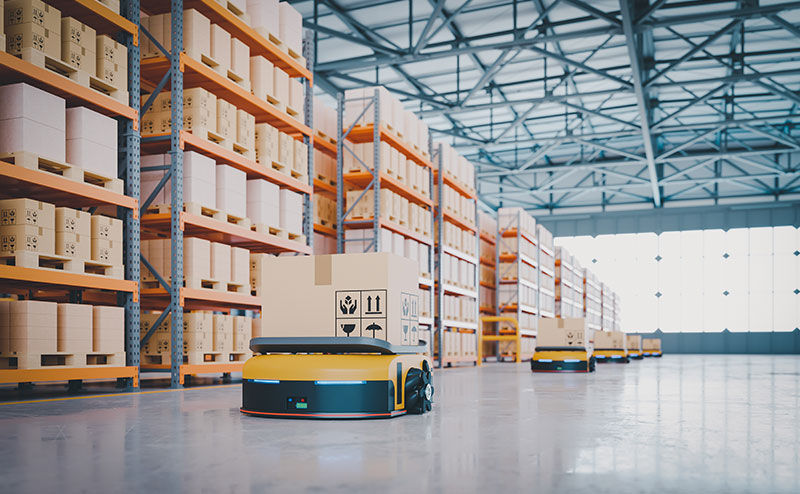Running a decentralised office
The flu season is upon us, winter is fast approaching and there are growing concerns that the UK could be spending its second Christmas in what would be its fourth national lockdown and so, this month, we're going to share some of our secrets for running a lean decentralised office system and how to make working from home easier.
Paperless
If you're not paperless already then you should be — granted, if the government does announce another national lockdown any time soon it might be a bit late for this one. However, if you have the time and/or resources to go paperless now then do it.
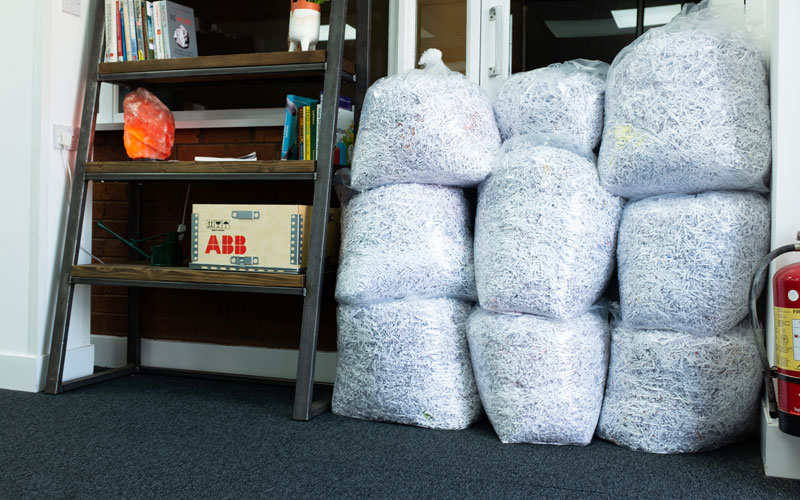
Not only is running a paperless office great for the environment and something to be proud of but it boasts a range of time and money saving benefits:
- You never have to physically travel to get the documents you need
- Documents are easier to sort and search, saving time and money
- Time is saved on editing and redistributing documents
- The chances of documents getting lost are reduced
- Disaster recovery is effortless
- Money is saved on paper, ink and hardware
You can read more about the benefits of going paperless and our journey to becoming a paperless office here.
Software (as a Service)
Software as a service (SaaS) is a software licensing and delivery model in which software is licensed on a subscription basis and is hosted centrally.
Popular SaaS apps that you might be familiar with include Xero, Microsoft 365, Slack and Hubspot.
Here are some of the SaaS apps we use and why:
Google Workspace
Google Workspace is a collection of cloud computing, productivity and collaboration products and tools developed by Google.
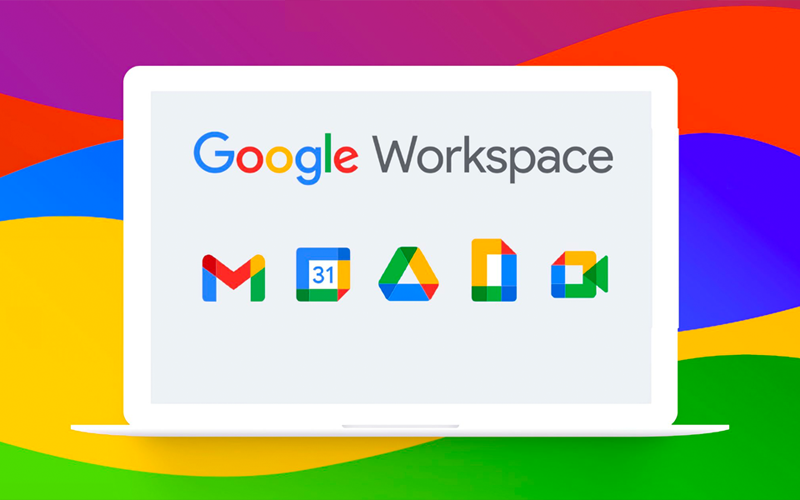
Daily, we use Google Workspace to work on text documents, spreadsheets and presentations.
We also use Google Workspace to store documents and manage email accounts whilst we use its free website tool to host a simple internal website that houses the company HR policies and the company handbook.
Ultimately, using a piece of software such as Google Workspace means that we reap the benefits of using a fully decentralised network without ever having to worry about physical servers and the security risks that come with accessing them remotely.
Slack
Slack is an instant relay chat platform that includes chat rooms organised by topic, private groups, direct messaging, video conferencing, voice calls and more.

Once we implemented Slack, internal emails dropped by nearly 100% as we quickly began to communicate and share documents exclusively through the platform.
Additionally, Slack is available on mobile and also features two factor authentication, giving you peace of mind when your staff use it remotely.
LastPass
LastPass is a proprietary password manager that stores encrypted passwords online. Using a password manager means you only need to remember one password and the app will do the rest.
This helps with working from home because you can implement a strict password policy within your business and your team can use LastPass to remember their passwords so you never need to worry about weak passwords allowing interlopers onto your network.
2FA
Just a quick aside on security: If you're going to be building any sort of decentralised network for your business try your best to use software which has Two Factor Authentication (2FA) built in.
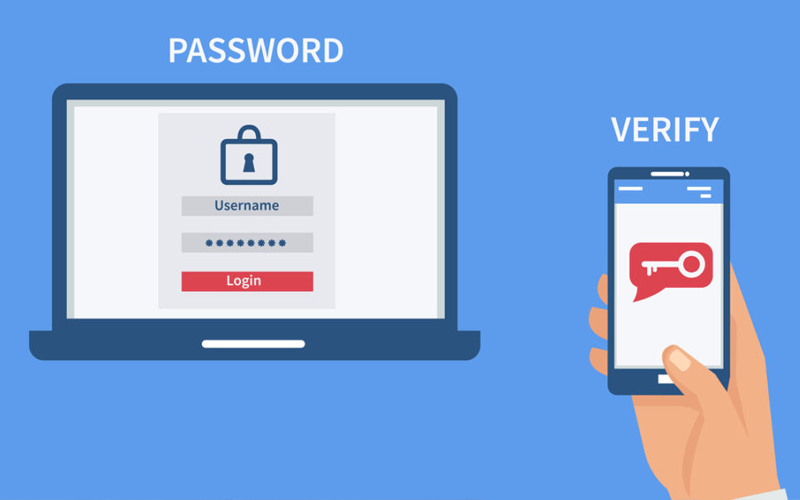
2FA, sometimes referred to as two-step verification or dual-factor authentication, is a security process in which users provide two different authentication factors to verify themselves. 2FA is implemented to better protect both a user's credentials and the resources the user can access.
With 2FA enabled on your apps, even if your staff have weak passwords or if your staff (foolishly) write their passwords down on paper or in emails, you do not need to worry about strangers breaking into your network because applications with 2FA will block access via a third party token request.
So, as we say at Foxmere: Two-factor all the things.
Hardware
Apple computers
Apple computers are tools for professionals — yes, they cost more than a like-for-like PC but they rarely let you down and with operating system agnostic software such as Google Workspace, Slack, LastPass, Xero, Hubspot, etc, the days of Macs being "hard to integrate with office life" are behind us.
As an added benefit, the computers themselves are free from dozens of cables and simply require one cable to operate, if you're using a wireless network.
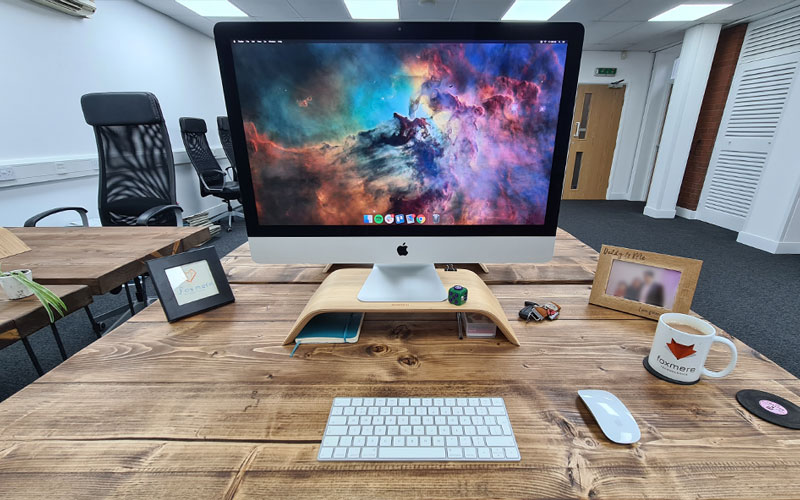
This means it's very easy to pick up your computer and relocate it if you ever need to.
Softphones & voIP
Gone are the days of the traditional cumbersome handsets with modern softphone systems and voIP.
A softphone is a software program for making telephone calls over the internet using a general purpose computer rather than dedicated hardware.
Voice over Internet Protocol (voIP) is a group of technologies used for the delivery of voice communications over internet protocol networks, such as the internet.
With a web portal for your softphone system and single headset you can be up and running in no time and all without the added costs and complications of physical servers and switches to run your telephony.
This means, wherever your staff have an internet connection they also have access to the company phones. What's more, many softphone systems will also have a mobile app which means your staff can take and transfer calls on their mobile phones too.

At Foxmere we use a softphone system and wired headsets so that our staff can simply take their headsets with them on the days they plan to work from home.
To conclude
At first, going into lockdown was scary — what would come of our health, our future, our economy? But if there was one thing we didn't need to worry about, at Foxmere, it was the logistics of how our team would work from the safety of their homes.
Thanks to a decentralised IT system that was designed for remote working, our team were able to seamlessly work from home like it was just any other day and, ultimately, this meant that we did not need to furlough any staff or terminate any jobs.
Furthermore, the cost of building and owning a decentralised network is very low when compared to traditional hardwired networks.
However, the success of running such a network is only lubricated by the fact that we're now paperless, which is why going paperless sits at the top of our list.
Running a decentralised network when printers and access to paperwork are required is a touch more tricky, so do away with paper if you can.
Finally, don't overlook security — invest time in a strong password policy, 2FA and a password manager, like LastPass.

